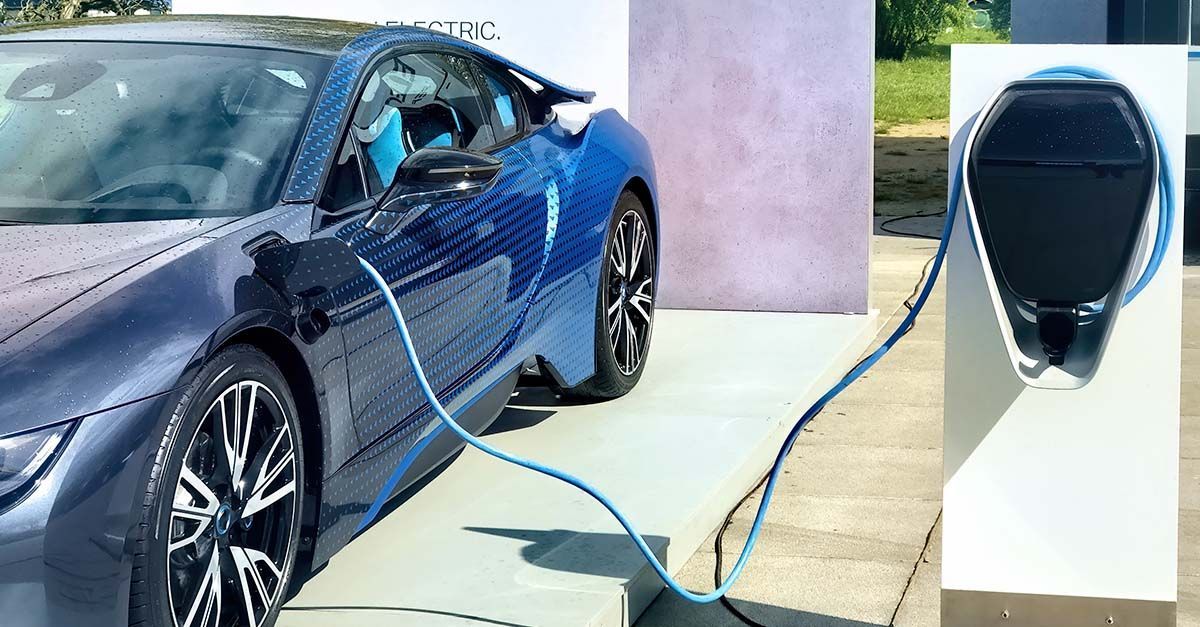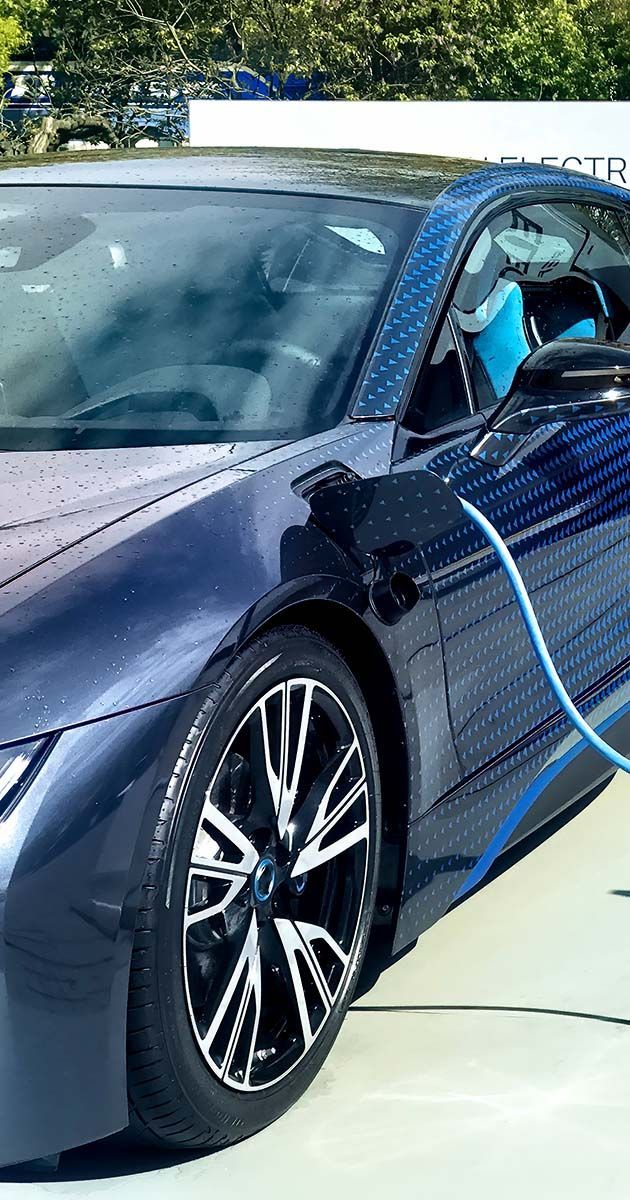The Process of Vehicle Importation and the Benefits of Electric Vehicles

Cleuzina Cruz | Paralegal
The importation of cars has become a growing trend, with consumers and businesses increasingly keen to broaden their options beyond the local market. While the domestic market offers a wide range of cars, importing vehicles from other countries, particularly European markets like Germany and France, has emerged as an appealing alternative due to the competitive prices and variety of options.
The increasing ecological concern has made electric vehicles an attractive option gaining ground in the Portuguese market.
Importing a vehicle involves a series of steps, starting with choosing the right car. When selecting a vehicle to import, it is essential to consider its condition, country of origin, and whether it complies with local safety and emissions standards.
Each country has specific regulations that a vehicle must meet to be legally registered and driven. These regulations vary greatly, so it is important to ensure that the car you are importing meets the required standards, especially concerning safety and environmental impact. Because of this, one of the most important documents for the importation process is the Certificate of Conformity (COC), for both electric and non-electric vehicles.
Once a vehicle has been selected, the next step is to ensure it meets the necessary criteria. This includes checking emission levels, safety features and technical specifications. For example, a vehicle imported into the European Union must comply with strict CO2 emissions regulations. It is advisable to consult local authorities or professionals to confirm that the car can be imported legally.
Another crucial step is the financial aspect of the importation process. Taxes such as VAT, ISV, and registration fees must be paid during the process. The associated costs can vary according to the car model, price, and country of origin.
In some cases, vehicles may have to undergo alterations to conform to local rules, which can add additional costs to the process.
Electric cars have garnered significant attention compared to conventional vehicles, owing to their environmental and economic advantages.
Conventional vehicles depend on combustion engines running on gasoline or diesel, unlike electric vehicles that are powered by rechargeable batteries and electric motors. This difference results in lower emissions, making them more environmentally friendly. As a result, they play a key role in combating climate change and reducing air pollution.
Another important factor in the attraction to electric vehicles is the maintenance, due to their simpler mechanics and the absence of components that don't require the same maintenance as conventional cars.
Electric vehicle owners benefit from no oil changes, fewer wearing parts, and lower maintenance costs.
The Portuguese government offers incentives to encourage the purchase and import of electric vehicles, incentives such as import duties exemptions, ISV and VAT.
Importing electric vehicles reduces dependence on fossil fuels while supporting the shift toward cleaner, sustainable transportation. As consumers increasingly prioritise green technologies, this option has become more attractive.
In conclusion, while importing requires careful attention to regulations and documentation, the growing popularity of electric vehicles and government incentives confirm their crucial role in sustainable transportation, making them the future of transport. These vehicles are essential to reducing climate impact and building a greener future.












